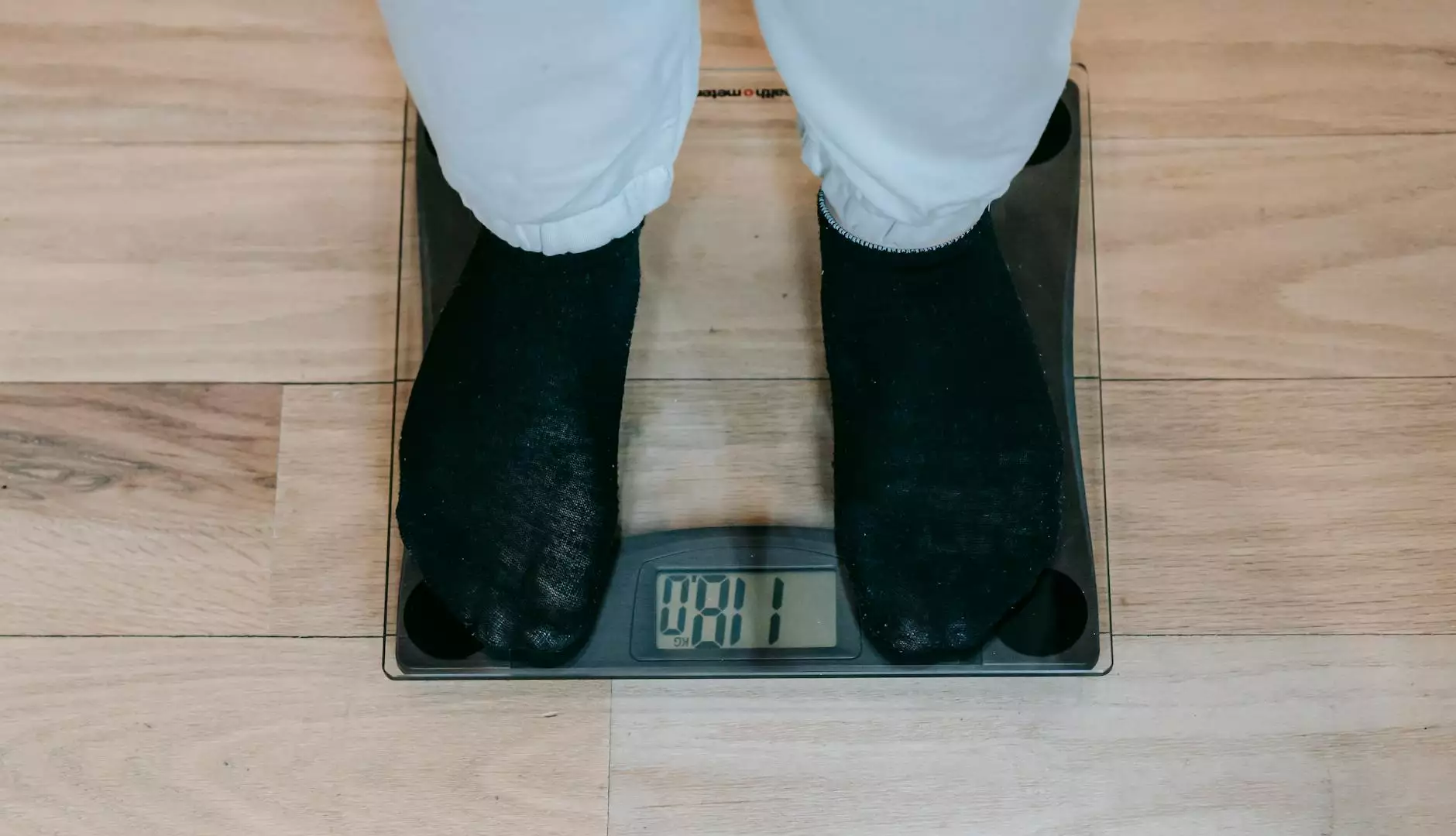How to Measure Semaglutide: A Comprehensive Guide

In the ever-evolving world of health and medical treatments, semaglutide has emerged as a revolutionary solution for weight loss and diabetes management. This article delves deep into the nuances of how to measure semaglutide effectively, ensuring that individuals can derive the maximum benefits from this medication while maintaining safety and efficacy.
Understanding Semaglutide
Semaglutide is a glucagon-like peptide-1 (GLP-1) receptor agonist that has gained significant attention for its ability to promote weight loss and improve glycemic control in individuals with type 2 diabetes. Originally developed for diabetes management, clinical trials have unveiled its substantial impact on weight loss, leading to its approval for obesity treatment under the brand name Wegovy.
The Importance of Measuring Semaglutide Accurately
Measuring semaglutide accurately is crucial for several reasons:
- Therapeutic Efficacy: Proper dosing ensures that individuals benefit from the medication without experiencing adverse effects.
- Safety: Accurate measurements help prevent overdosing or underdosing, both of which can lead to complications.
- Monitoring Progress: Measuring semaglutide levels allows healthcare providers to assess the effectiveness of the treatment and make necessary adjustments.
How Semaglutide Works
Before diving into measurement techniques, it is essential to understand how semaglutide works:
Semaglutide mimics the effects of the GLP-1 hormone, which regulates appetite and insulin secretion. By stimulating insulin release and reducing glucagon levels, semaglutide improves blood sugar control and curbs hunger, leading to reduced calorie intake and weight loss.
Key Benefits of Semaglutide
Some notable benefits of semaglutide include:
- Significant Weight Loss: Clinical studies show that patients can lose an average of 15% to 20% of their body weight.
- Improved Blood Sugar Levels: Semaglutide enhances glycemic control in individuals with type 2 diabetes.
- Cardiovascular Benefits: Research indicates that semaglutide may reduce the risk of heart disease and stroke.
Methods for Measuring Semaglutide
Measuring semaglutide can be approached through several methods, each with its nuances and best practices. Here are the primary techniques:
1. Subcutaneous Injection Measurement
Semaglutide is administered via subcutaneous injection, typically once a week. To ensure accurate dosing:
- Use the Correct Syringe: Always use the pre-filled pen provided by your pharmacy to avoid measurement errors.
- Check Dosage Settings: Before each injection, verify that the pen is set to the correct dose according to your healthcare provider’s instructions.
- Rotate Injection Sites: To enhance absorption and minimize irritation, rotate injection sites between the abdomen, thigh, and upper arm.
2. Blood Level Monitoring
Though semaglutide primarily acts through its injection, measuring its levels in the bloodstream can provide insights into its efficacy:
- Timing: Blood tests for semaglutide levels are typically conducted at specific times following injection to measure peak concentrations.
- Consulting Healthcare Providers: Regular blood tests can help assess how well the body is responding to the treatment.
3. Patient Self-Assessment
Patients can also evaluate their response to semaglutide based on their weight loss progress and blood sugar levels:
- Monitor Body Weight: Regularly checking your weight can help gauge the effectiveness of the medication.
- Blood Glucose Monitoring: For individuals with diabetes, frequent blood sugar level checks can indicate how well semaglutide is managing their condition.
4. Usage of Professional Lab Tests
Some healthcare facilities may offer specialized tests to quantify semaglutide levels and its metabolites in the bloodstream, providing a more comprehensive understanding of treatment levels:
- Lab Tests: Ensure you undergo lab tests as prescribed, following all preparation guidelines.
- Compliance with Prescriptions: Always adhere to your doctor's prescribed dose and schedule for accurate testing conditions.
Best Practices for Measuring Semaglutide
To ensure accurate measurement and effective results when taking semaglutide, consider the following best practices:
1. Follow Dosage Instructions
Always adhere to the dosage instructions provided by your healthcare provider, as they are tailored to your individual health needs.
2. Keep a Measurement Log
Maintain a detailed log of your semaglutide injections, noting the dosage, injection site, and any side effects experienced. This log will be invaluable during follow-up visits.
3. Regular Follow-ups
Schedule regular check-ups with your healthcare provider to review your progress, adjust dosages if needed, and measure blood levels as necessary.
4. Educate Yourself
Stay informed about semaglutide, its benefits, and potential side effects. Knowledge empowers patients to engage in informed discussions with their healthcare teams.
Potential Side Effects of Semaglutide
While semaglutide can offer numerous benefits, like any medication, it may also present side effects. Being aware of these can help you measure its impact on your health accurately:
- Nausea: Commonly reported, especially after the first dose.
- Vomiting: Occasionally occurs, particularly at the start of treatment.
- Diarrhea: Another common gastrointestinal issue.
- Pancreatitis: Rarely, some individuals may experience inflammation of the pancreas.
It is essential to report any severe or concerning side effects to your healthcare provider immediately.
Conclusion
In conclusion, understanding how to measure semaglutide is fundamental for individuals using this medication for weight loss or diabetes management. By following correct measurement techniques, adhering to medical advice, and maintaining open communication with healthcare providers, individuals can maximize the benefits of this revolutionary treatment.
At skinnyquick.co, we are dedicated to providing you with the latest and most comprehensive information on medications like semaglutide, empowering you to make informed decisions about your health journey. Always consult healthcare professionals when beginning new treatments and strive to keep your health on track!









